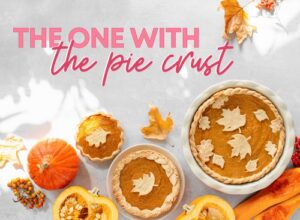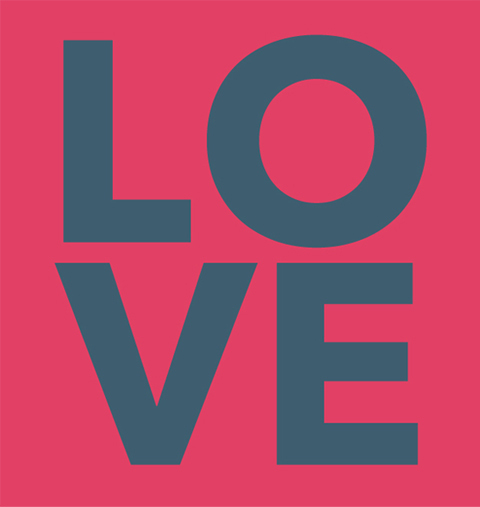
I was raised in the Midwest where folks make pie crust with lard. My mother kept a canister of lard in the kitchen my whole childhood. We used lard in cooking and baking. We re-used lard. I refuse to acknowledge the full details of lard use in my formative years. I lived to tell the tale. When my then-boyfriend/now husband discovered the lard canister on his first visit to my childhood home and asked me what it was I thought, “Oh great, this is how it all ends.”
My mother did not actually teach me to cook, however. I learned, if anything, in spite of mom, who proclaims herself to be a terrible cook. (I have always suspected she says this largely to get out of having to cook, as she has also won the Grand Championship in the county fair for her pecan pie and chocolate chip cookies.) Active in Girl Scouting and 4-H, I learned to cook by signing up for cooking classes with a handful of gray-haired, apron-festooned ladies around my hometown and mastered the art of everything from oven-fresh bread to cake decorating. While I can fully appreciate the value of lard, I do not use it in my cooking or baking. Instead, I will sing you a love song extolling the virtues of cutting ice-cold unsalted butter into your pie crust. I reserve the right to pass judgment on margarine. At this point, you are probably wondering what any of this has to do with breast cancer.
Recently, a patient in my clinic facing breast-conserving surgery — some people call it a segmental mastectomy or lumpectomy — asked if she would have a divot or a big hole in her breast after the surgery. I told her no. But the minute I said no, I saw her expression cloud over like she did not quite believe me. She did not understand how her surgeon was going to remove an inch or two inches or four inches of breast tissue and you simply would not notice. I paused and sized her up and decided to go out on a limb at the risk of my complete professional humiliation.
“Did you grow up with a container of lard?” I asked, cautiously.
A smile widened across her face, remembering. She chuckled. “Yeah, my mama kept lard. Used it in everything.”
“Ha. Mine too. Remember how you could take a scoop out of it and the next day it was just like nothing ever happened? Smoothed over?”
Dawning recognition filled her eyes. I can tell she already understands where I am going with this seemingly random segue into a conversation about lard in the middle of her breast cancer treatment conversation. I am so relieved that she understood this little anecdote. I go on to tell her that breast tissue really isn’t much different. Mostly fat, and with a skilled surgeon, the surgeon can remove the breast cancer and the fat and normal breast just magically smooths out. We talked about how overall, the breast might be slightly smaller, depending on the size of the scoop removed, but that the contour (shape or architecture) can normally be preserved.
As we move into the season of pie crusts and family gatherings (lard season for me, dear reader), I wanted to share this story. I wanted to share the story about how these little moments and experiences help us all build connections and better understand one another. I am sure your family has a story like mom’s kitchen lard bucket.
Dr. Love, along with her team at the Dr. Love Foundation for Breast Cancer Research and Hachette Book Group, have been working to update the Dr. Susan Love Breast Book for a new seventh edition. Throughout it are many witty anecdotes, clever comparisons, and beautiful stories that help patients facing breast cancer better understand what is happening in their bodies. Through storytelling, the complex becomes understandable, scary becomes familiar. I love finding these stories and sharing them with my patients and with the broader breast cancer community. I also love the way that stories can find a way to stay with us, even become our own over time. I love stories that empower us or inspire us — both things that Dr. Love’s stories always do for me.
As you head into the holiday season, I hope you have fantastic pie crusts, lard or not. But I also hope that as you gather around your pie, you take time to celebrate storytelling — the stories that have touched the hearts of you and your family, the stories that have inspired you to care deeply about ending breast cancer, and the stories that make you you.
